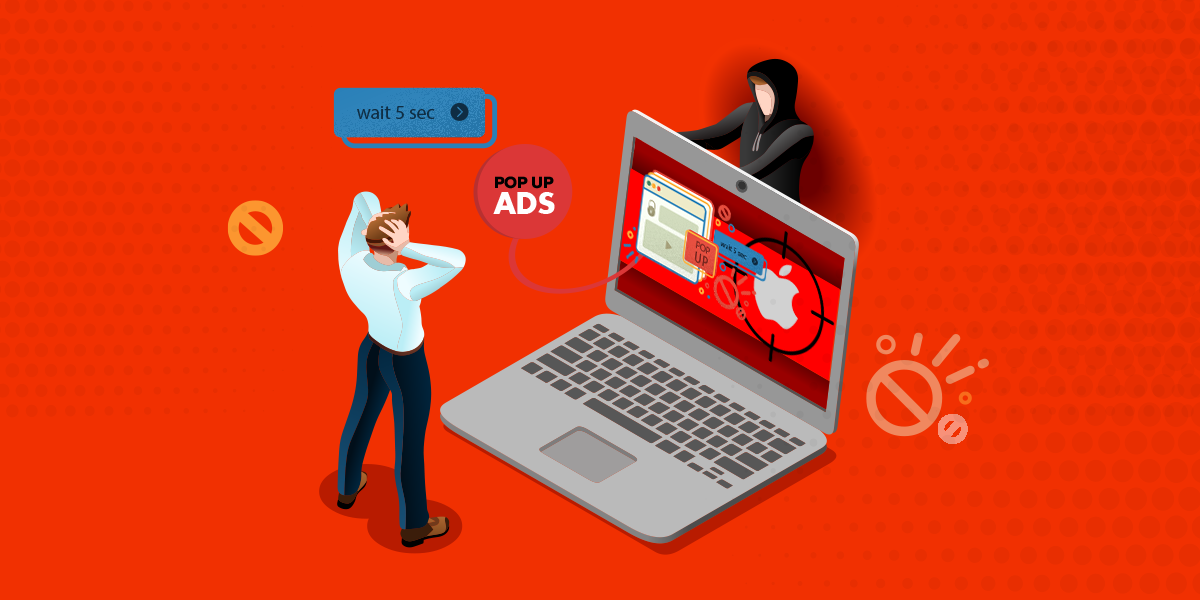This is the second part of the blog series on women’s cyber safety, discussing cyberbullying and describing the consequences of cyberbullying in one’s life, continuing from the first part which covered guidelines to women on social networking, the possible risks associated with it and a few precautionary steps to take.
We witness that women across different age groups have been increasingly trolled, bullied, and harassed on the internet based on the personal information visible on their social networking profiles. This trend is now at an all-time high.
Cyberbullying generally involves intimidating or harassing someone via online posts, emails or SMS. This includes activities such as posting hateful or unpleasant comments on one’s online profile, spreading rumors and/or inappropriate personal images through email or SMS to damage one’s reputation. Compared to traditional bullying, cyberbullying is open to an anonymous, or even unknown, person since one’s personal information is primarily posted as “public” on a social networking site. The aggressor remains anonymous and the victim can be taunted anytime , anywhere.
Women on the internet are at a higher risk of encountering cyberbullies at some point during their internet experience. As victims they have a tough time coping with the antagonizing behavior towards them and recovering from the resultant low spirits. This leaves many women hurt, humiliated, depressed and in some extreme cases it has led to taking one’s own life.
Women should be acutely aware that the information shared on the internet is open, free for public viewing and stays forever. As discussed in the previous blog, internet users in India can register a complaint against such cyberbullying issues at Computer Emergency Response Team (CERT).
Let the kids and the teens around you be informed about cyberbullying and its impact on life. To reiterate what was mentioned in the first part of this blog series here are some tips to educate teens and kids on how to avoid falling prey to offenders:
- Never share your phone number or email address with strangers or on online public forums.
- Refrain from sharing any personal information such as your birthday, where you live, etc on the internet.
- Never open or respond to messages from unknown/unauthorized users.
- Carefully adjust privacy settings to prevent strangers from contacting you.
- Never add strangers to your contacts or friends lists.
- Seek immediate help from the trusted people to help solve your cyberbullying problems.
Images courtesy of:
walmsley.bolton.sch.uk/files/images/cyber-bullying-finalcolor.png
bullyinglte.files.wordpress.com/2014/12/cyberbullying.png
Archana Sangili, Content Writer
V.Dhanalakshmi, Senior Threat Researcher, K7TCL
If you wish to subscribe to our blog, please add the URL provided below to your blog reader: https://labs.k7computing.com/feed/








